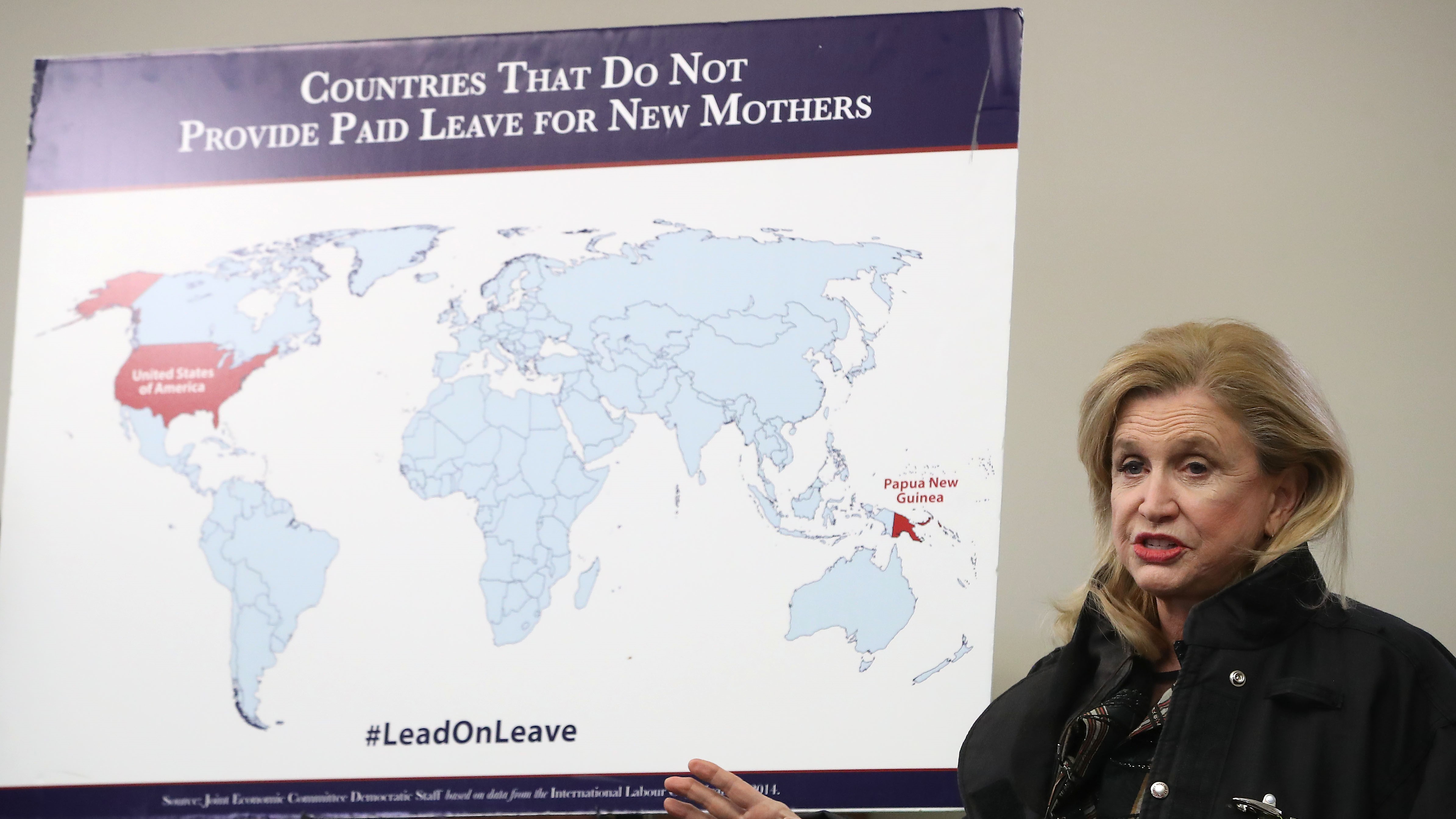The United States is one of only a few countries that lacks a national policy guaranteeing paid leave for workers. That means if you take time off for the birth of a child or to care for a sick family member, you are likely to lose pay.
For a nation as wealthy as ours, the unpaid 12 weeks provided by the Family and Medical Leave Act (FMLA), is as far as Congress has gone when it comes to allowing workers to take extended absences from work. While there have been efforts on the federal level to help solve the problem, some states aren’t waiting around for a national policy to emerge.
The good news is eight states and the District of Columbia currently have paid leave policies, including several states that have adopted stepped up in recent months with new laws or expansions of existing laws that provide paid leave for workers.
Three examples of recent action on this front:
In Connecticut, a new paid family and medical leave law will allow for 12 weeks of paid family and medical leave for most of the state’s private and nonunionized public sector workers, with an additional two weeks for a serious health condition during a pregnancy. By offering workers up to 95% wage replacement, Connecticut’s new law is among the nation’s most generous.
In Oregon, Gov. Kate Brown signed legislation creating a paid family and medical leave insurance program, which provides eligible employees with 12 weeks of job-protected, paid leave per year. Oregon’s new law also provides leave for reasons connected to domestic violence, harassment, sexual assault or stalking.
In North Carolina, Gov. Roy Cooper signed an executive order providing four to eight weeks of fully paid parental leave to state employees for the birth of a child or for adoption, foster care placement or other legal placement of a child. This represents an important incremental step toward a paid leave policy.
AFSCME supports these and other efforts to provide paid leave to workers.
“These are freedoms every worker should enjoy,” AFSCME President Lee Saunders has said, adding that a paid leave policy “creates a pathway to give more working families the level playing field they deserve.”
Access to paid leave helps workers, families and even businesses in crucial ways. Healthier kids, more robust participation in the labor force, improved financial security, and higher productivity are just a few of the many benefits associated with paid leave policies.
Above: Rep. Carolyn Maloney (D-N.Y.) introduces the "Federal Employee Paid Leave Act," which would provide 12 weeks of paid leave for federal employees. Photo by: Mark Wilson, Getty Images.
